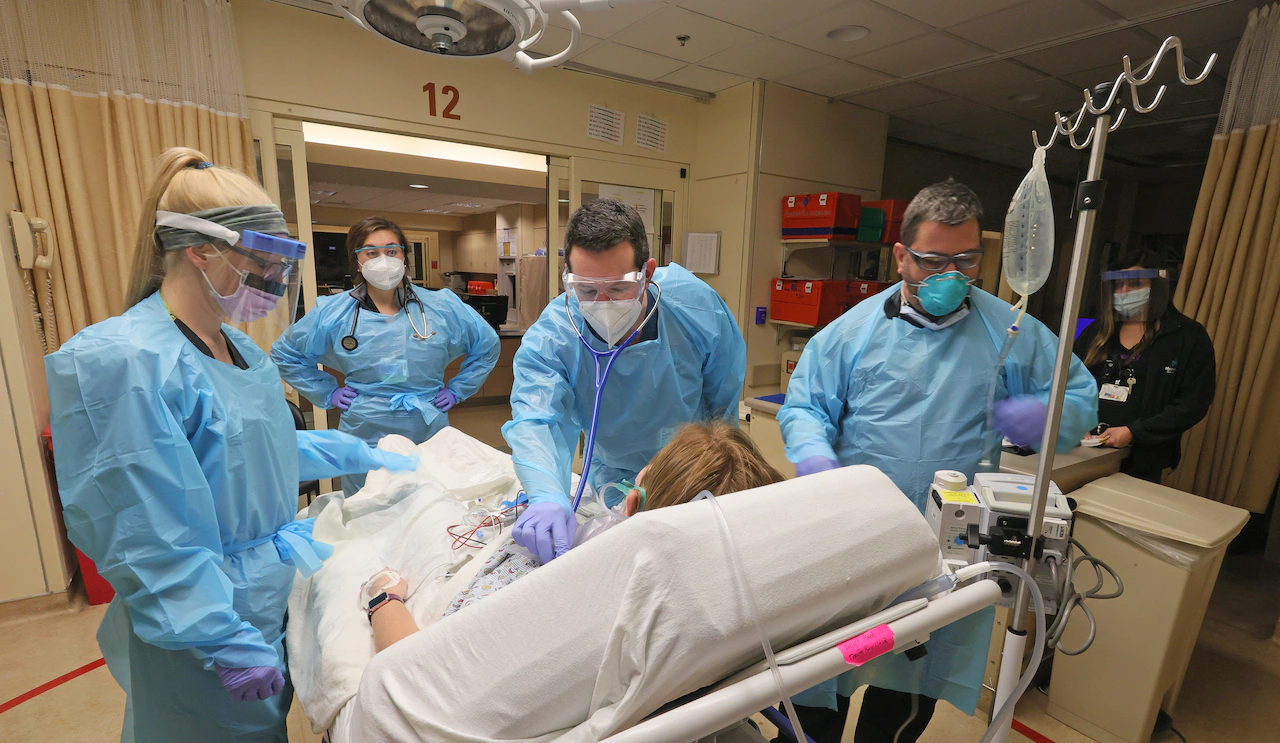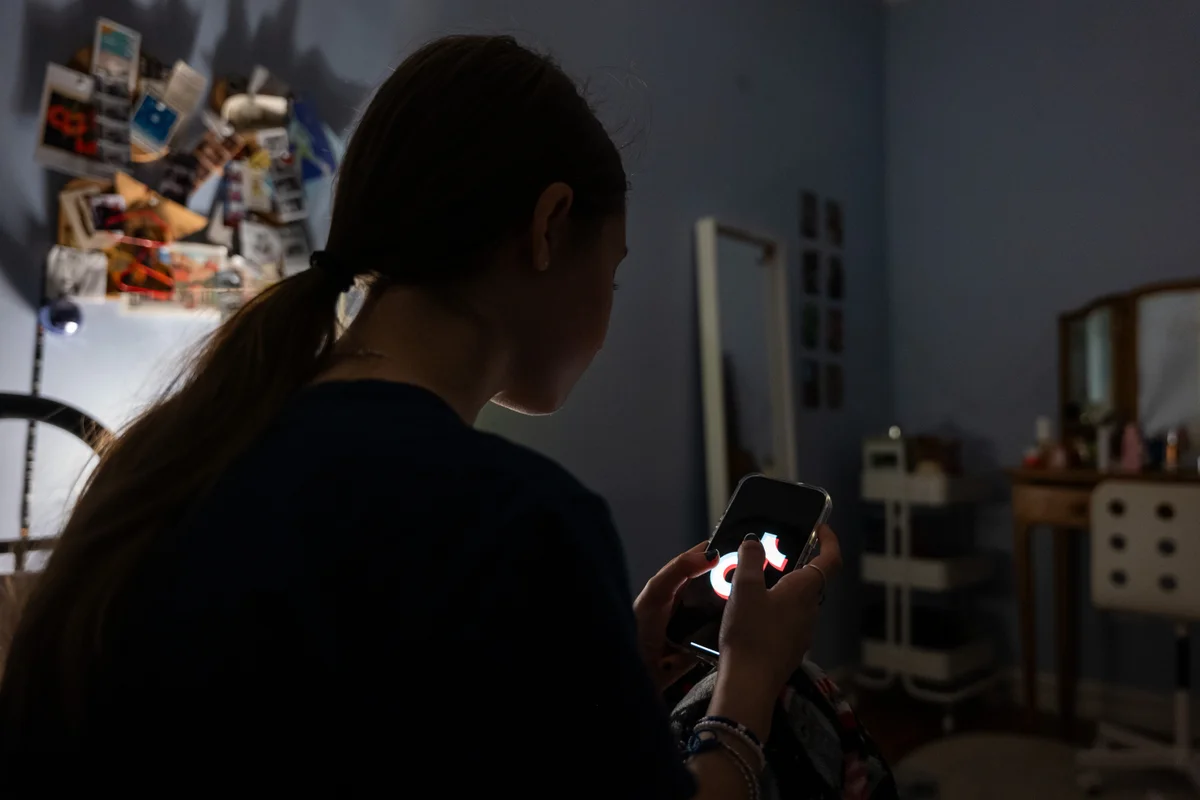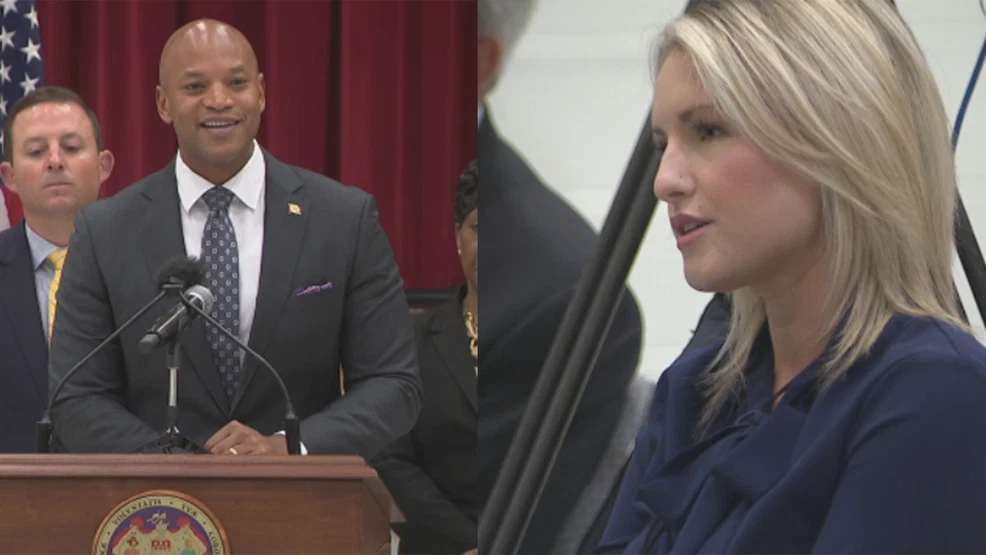
COLUMBUS, Ohio – Traditional recovery plans for traumatic injuries focus on healing visible injuries, often leaving emotional and mental scars untreated. Researchers at The Ohio State University College of Medicine want to change that.
The OSU College of Medicine recently received a five-year, $16.6 million grant from the Patient-Centered Outcomes Research Institute to study a new treatment approach that focuses on psychological and emotional health as well as physical recovery.
Ohio State is part of the Healing and Empowerment Actions for Recovery from Trauma trial, a multi-center trial that will compare an approach that addresses the physical and behavioral needs of trauma survivors to current care plans focused only on physical recovery.
The Patient-Centered Outcomes Research Institute is a nonprofit organization that funds research that supports better-informed health care decisions.
“We’re good at fixing what we can see – the cuts and broken bones – but often don’t pay enough attention to the hurt feelings and worries that come with these injuries,” said Dr. Carmen Quatman, principal investigator and orthopaedic surgeon at the Ohio State University Wexner Medical Center.
“This research focuses on filling critical gaps of support for the psychosocial needs of patients and caregivers during recovery,” Quatman said.
The Healing and Empowerment Actions for Recovery from Trauma trial will follow patients 18 and older who suffer physical trauma requiring orthopaedic surgery for moderate to severe injuries.
Over 12 months, researchers will compare the effectiveness of a comprehensive trauma recovery program to standard care on patient anxiety, mental health, pain and substance use.
The study will also consider how these two treatment approaches affect caregiver anxiety, mental health, acute healthcare utilization, pain and substance use, as well as healthcare worker burnout, confidence in trauma patient outcomes and the impact of trauma recovery programming on healthcare personal well-being.
“Patient-centered research puts the spotlight on outcomes that matter most to people and provides families and individuals with evidence to make informed healthcare decisions,” said Patient-Centered Outcomes Research Institute executive director Dr. Nakela L. Cook. “By addressing a key evidence gap in orthopaedic trauma care, this study has the potential to improve patient outcomes and relevance of care. We look forward to following its progress.”



